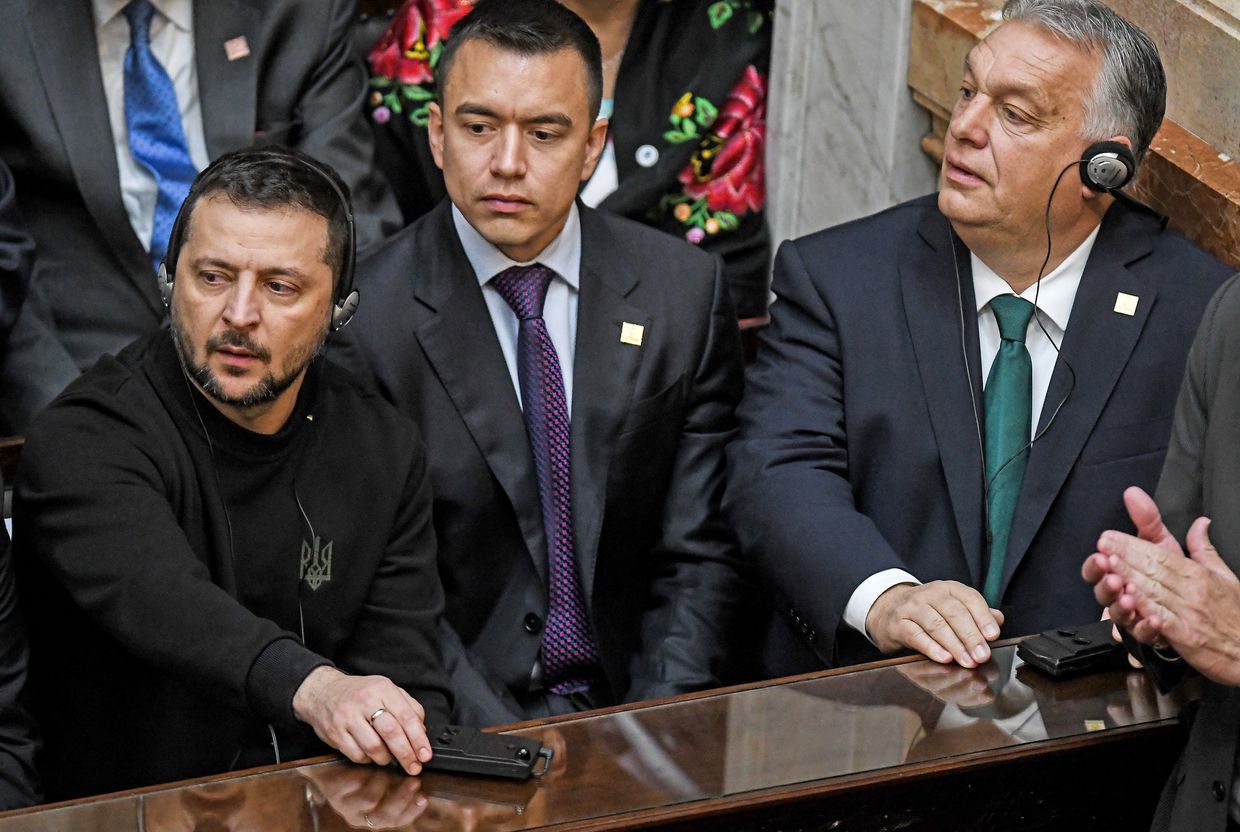US has 'concerns' about Hungary's 'sovereignty' law

The U.S. State Department released a statement expressing concern about Hungary's adoption of a "Sovereign Defense Authority" law that contains "draconian" provisions that could be used to degrade civil liberties, spokesperson Matthew Miller said on Dec. 20.
The law, which was passed by Hungary's parliament on Dec. 12, establishes an independent authority to prevent perceived political interference and issue punishments for alleged foreign financing of Hungarian political campaigns.
Some critics of the law have compared it to the so-called "foreign agents" law passed by Russia that requires organizations that receive funding from abroad or are perceived by the Kremlin to have been influenced by foreign entities to register.
Georgia attempted to pass a similar law earlier in 2023, but massive street protests and international condemnation led to the government dropping the law.
David Pressman, the U.S. ambassador to Hungary, said that the sovereignty law goes beyond the foreign agents legislation.
"It subjects Hungarian citizens, businesses, and organizations with views not shared by the ruling party to investigations with no judicial oversight, irrespective of any contact with or support from a foreign government or foreign entity."
Miller echoed the sentiment, saying that the law "is inconsistent with our shared values of democracy, individual liberty, and the rule of law."
Hungary has maintained a favorable stance toward Russia since the beginning of the full-scale invasion of Ukraine and has repeatedly obstructed sanctions against Russia or blocked aid for Ukraine within the EU to leverage economic concessions.
Under the rule of Prime Minister Viktor Orban, the Hungarian government has been widely criticized for backsliding on democratic principles and the rule of law.
The EU has blocked billions of euros in funding for Hungary due to its shift in what Orban himself characterizes as an "illiberal democracy."












